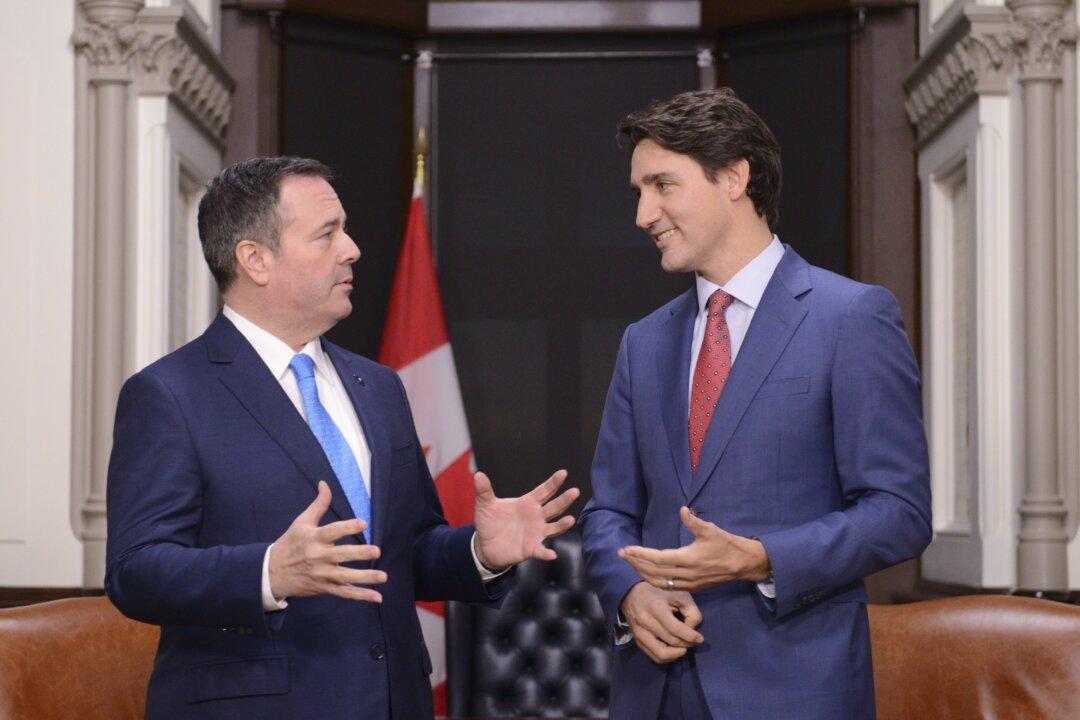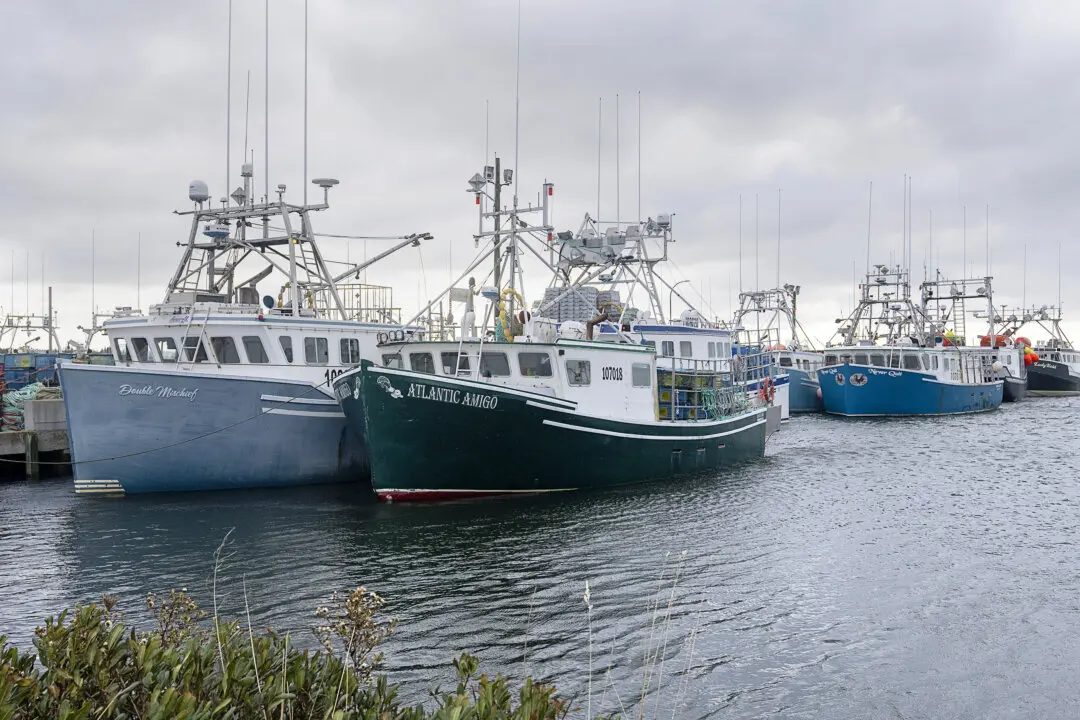Commentary
If you told a visitor from Mars that Canada faced yet another national unity crisis, they might well conclude that human beings like to be miserable. As might a visitor from almost any other country on Earth, baffled that a nation as happy as Canada in every respect, from natural endowments to security, could have people as unhappy about Canada as we have. But maybe some good will come of it.





